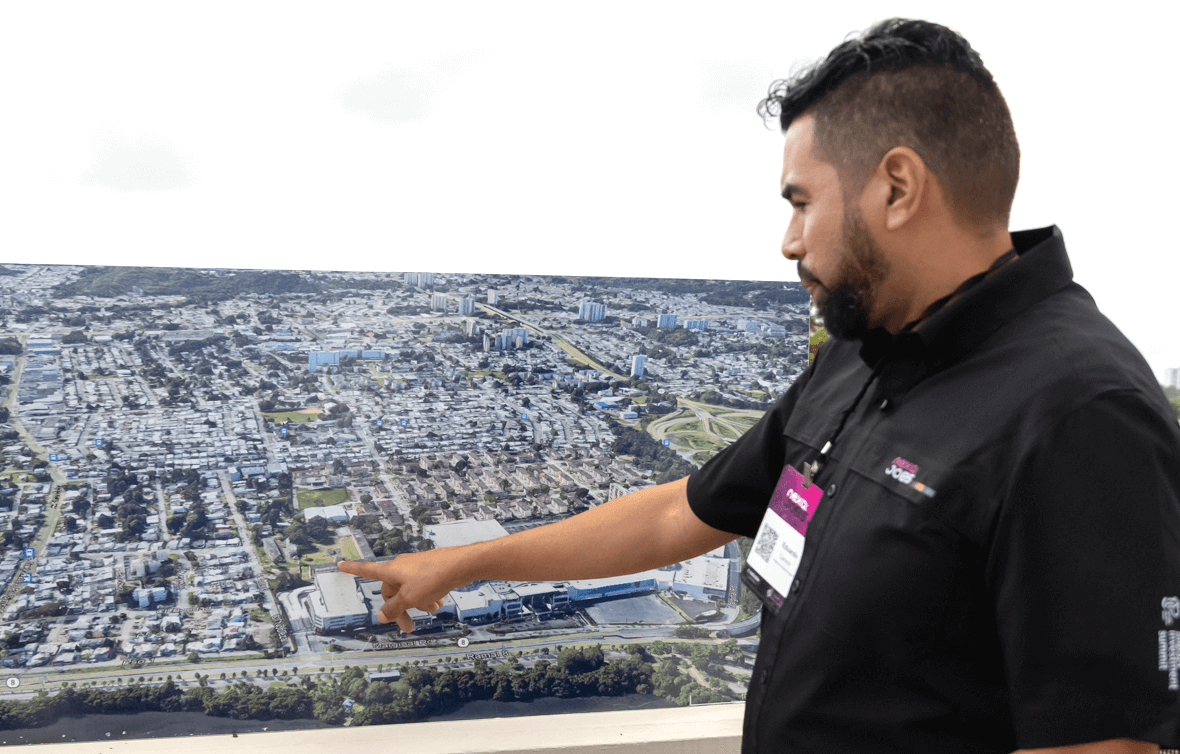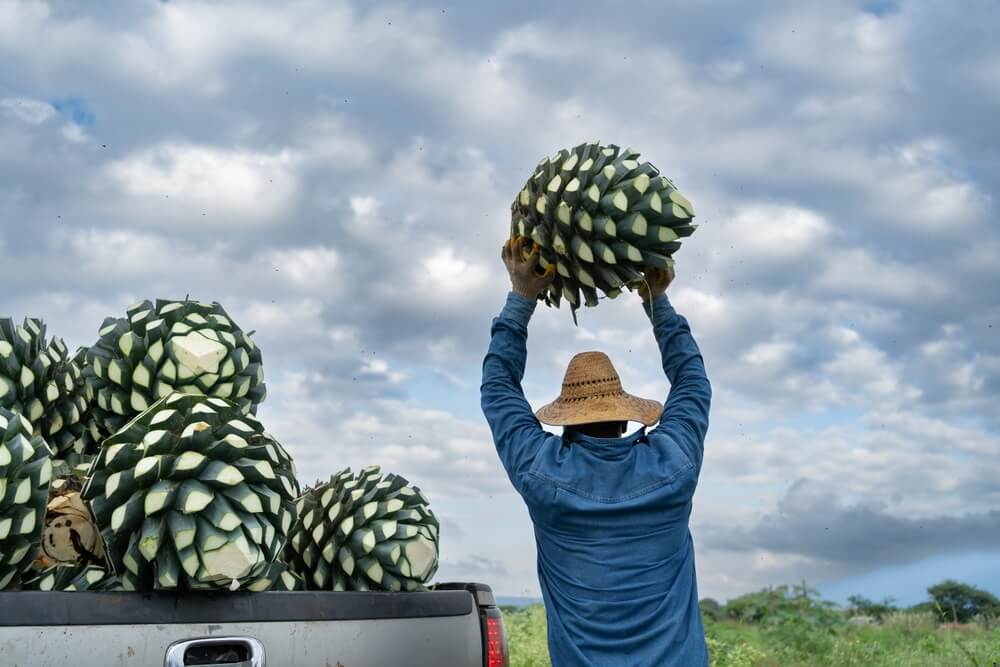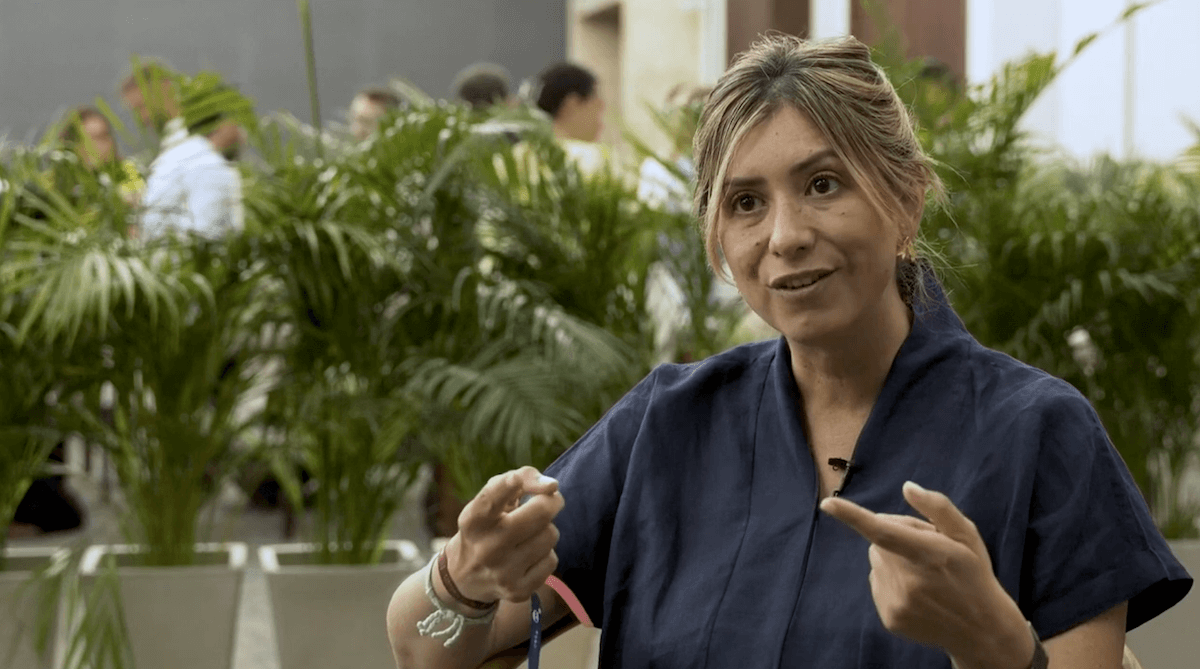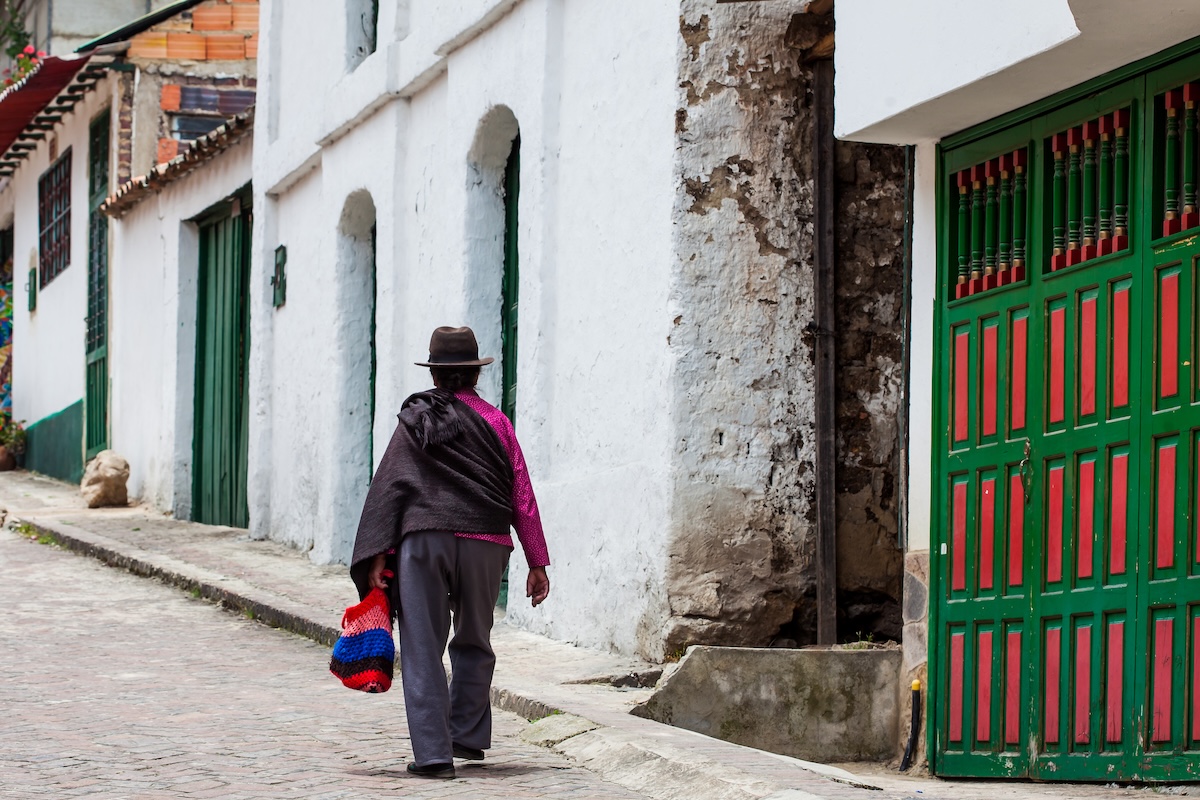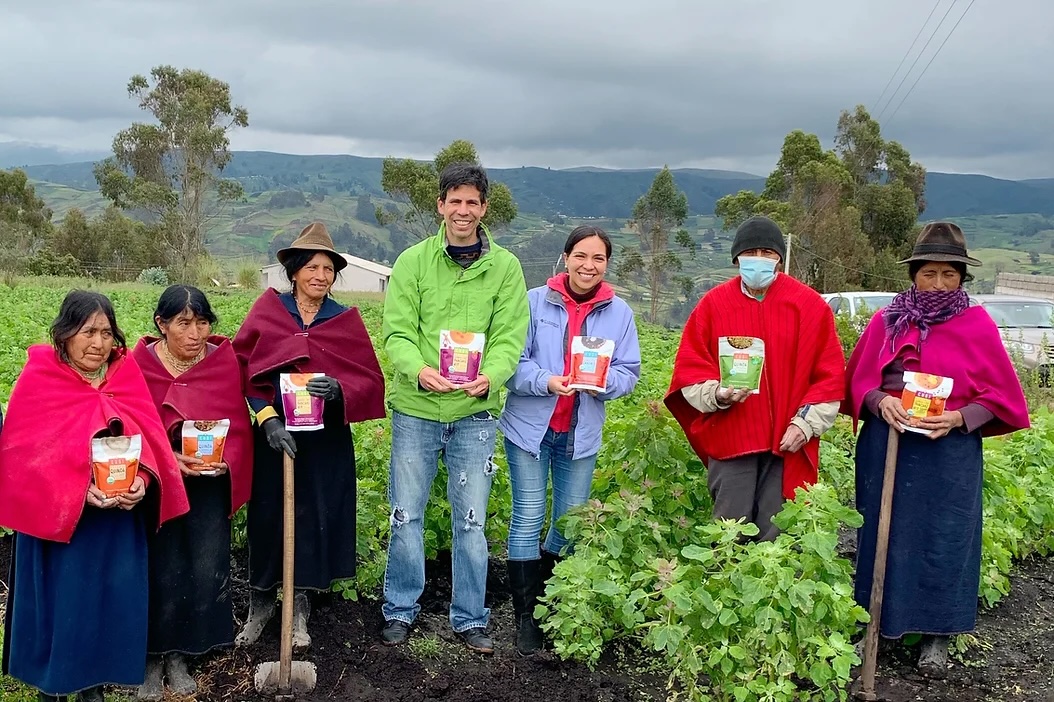Sign up for ImpactAlpha Latin America to follow the people and money powering Latin America and the Caribbean’s impact economy.
ImpactAlpha, Feb. 26 – Impact investors have built a robust Latin American ecosystem of asset owners, fund managers, entrepreneurial support and policy expertise as impact assets under management and venture capital and other investments in the region have surged in the past decade.
In addition, public funding is increasingly leveraging private capital, blending finance for Latin American efforts to address Sustainable Development Goals such as poverty reduction, climate resilience and access to clean energy and quality health care.
That growing impact investing ecosystem will be on display this week at the Latin America Impact Investing Forum, known as the FLII, the region’s annual confab in Merída, Mexico. Top of the agenda: Nature-based solutions, AI for good and European investments in Latin America’s progress.
“The problems and solutions are here, in the Global South,” says FLII’s Carolina Puerta, even if financial resources remain concentrated in the Global North.
Other indicators:
- Impact allocations. Assets allocated to impact in the region have grown at an annualized rate of 21% over the last five years, second in emerging markets only to East Asia, according to the Global Impact Investing Network. Notably, nearly half of investors surveyed by the GIIN plan to increase allocations to Latin America and the Caribbean over the next five years.
- Focused funds. Nearly 300 funds now target the region, including 89 funds with $6 billion in assets that have an exclusive focus on Latin America and the Caribbean, reports from Swiss research firm Tameo. Among emerging markets, only Africa has more.
At least 18 Latin America-focused funds have actively raised capital over the last 18 months, according to ImpactAlpha’s Liist, including Colombia-based EWA Capital and Alive Ventures, Maya Capital and Vox Capital in Brazil, Amplifica Capital in Mexico, Acceso Impact Fund in Guatemala, and Impaqto Capital in Ecuador.
- National leadership. The region now boasts seven National Advisory Boards, or NABs, for impact investing, organized by the Global Steering Group, including for Argentina and Uruguay, Brazil, Colombia, Mexico, Central America, Peru and Chile.
“We need to show investors that opportunities exist in the region, and there are people who want to change their reality,” says Puerta, who also leads Alianza por la Inversión de Impacto México, the country’s national advisory board for impact investing.
Climate and biodiversity
Latin America is considered a “biodiversity superpower,’ with extensive ecosystems including the Amazon rainforest. The region contributes one-sixth of the world’s food production, contains roughly 40% of the world’s biodiversity and hosts almost half of the world’s forests. As much as 60% of electricity is already powered by renewable energy.
To put capital to work for climate resilience and adaptation strategies, fund managers are leveraging the region’s natural assets. According to Tameo, more than a third of climate and energy impact funds target Latin America and the Caribbean.
Organizations have piloted lending incentives supporting smallholder farmers; partnerships with Indigenous communities on forest restoration; carbon credits for Amazon restoration; and pay-for-success forest conservation, ImpactAlpha’s Jessica Pothering reported earlier.
Fund managers like Eco.business Fund and EcoEnterprises Fund are investing in sustainable agriculture, ecotourism and rainforest restoration. In Brazil, Amazon Biodiversity Fund in December raised R$150 million ($30 million) from BNDES, Brazil’s largest development bank and the Soros Economic Development Fund, bringing the fund’s total raise to R$235 million (or nearly $50 million) for sustainable ventures in the Amazon region.
Amazonia Impact Ventures, based in the U.K., is in the market with a fund that invests in climate change mitigation and adaptation efforts in the Amazon rainforest that empower local Indigenous communities.
“The greatest climate mitigation potential is in land use,” Laura Ortiz Montemayor of Mexico City-based advisory firm SVX Mexico told Pothering. “Everything that uses land has the most important and attractive potential for addressing real climate change.
Brazilian showcase
Latin America’s largest country is set to play a leadership role on some of the world’s largest stages. Brazil’s impact economy has gotten a boost under President Luiz Inácio Lula da Silva.
Brazil last year issued an updated National Impact Economy Strategy, or Enimpacto, that aims to boost impact investing in the country from $11 billion to $120 billion over ten years.
This year, Brazil assumed the presidency of the G20, for which sustainable finance has become a key focus. Next year, Brazil will host COP30 in Belém, Pará, the first time the global climate summit will be held in an Amazonian city.
“The international agenda and Brazilian leadership present significant opportunities for the impact investing industry,” Vox Capital’s Gilberto Ribeiro told ImpactAlpha.
Ribeiro notes that the majority capital in the country is sourced from Brazilian limited partners. Over 85% of Vox’s $250 million in assets under management across half a dozen funds, for example, come from local investors including family offices, corporations and development institutions. “The primary challenge is attracting more foreign and institutional capital.”
To help meet that challenge, Brazil last year issued $2 billion in sovereign green bonds; roughly three-quarters of the buyers were international investors in Europe and North America. The bonds garnered over $6 billion in interest, highlighting investor demand for climate projects and confidence in President Lula’s sustainability commitments.
Din4mo’s Marcel Fukayama, who co-founded Sistema B Brasil to expand B Corps movement in Brazil, says the country’s impact economy ecosystem “has a singular opportunity to set the agenda to foster the economic paradigm shift.” That means shifting the logic from negative impact mitigation to material positive impact creation through sectors like biodiversity, where Brazil is a bioeconomy leader.
Research firm Tameo identified at least 19 impact funds domiciled in Brazil. Amazon Biodiversity Fund, noted above, completed its raise in December.
Funds like The Agbara Fund and BlackWin, a network of black women angel investors in Brazil, are tapping the impact potential of Brazil’s Black innovators. With incubator PretaHub and cultural event and marketplace Feira Preta, Adriana Barbosa is seeding Afro-Brazilian entrepreneurship in Brazil.
“Given the maturity and high level of innovation in the Brazilian impact ecosystem,” says Vitoria Junqueira of Aliança pelo Impacto, the Brazilian advisory board for impact investing, “we are well-positioned to support the implementation of solutions for societal and environmental transformations.”




